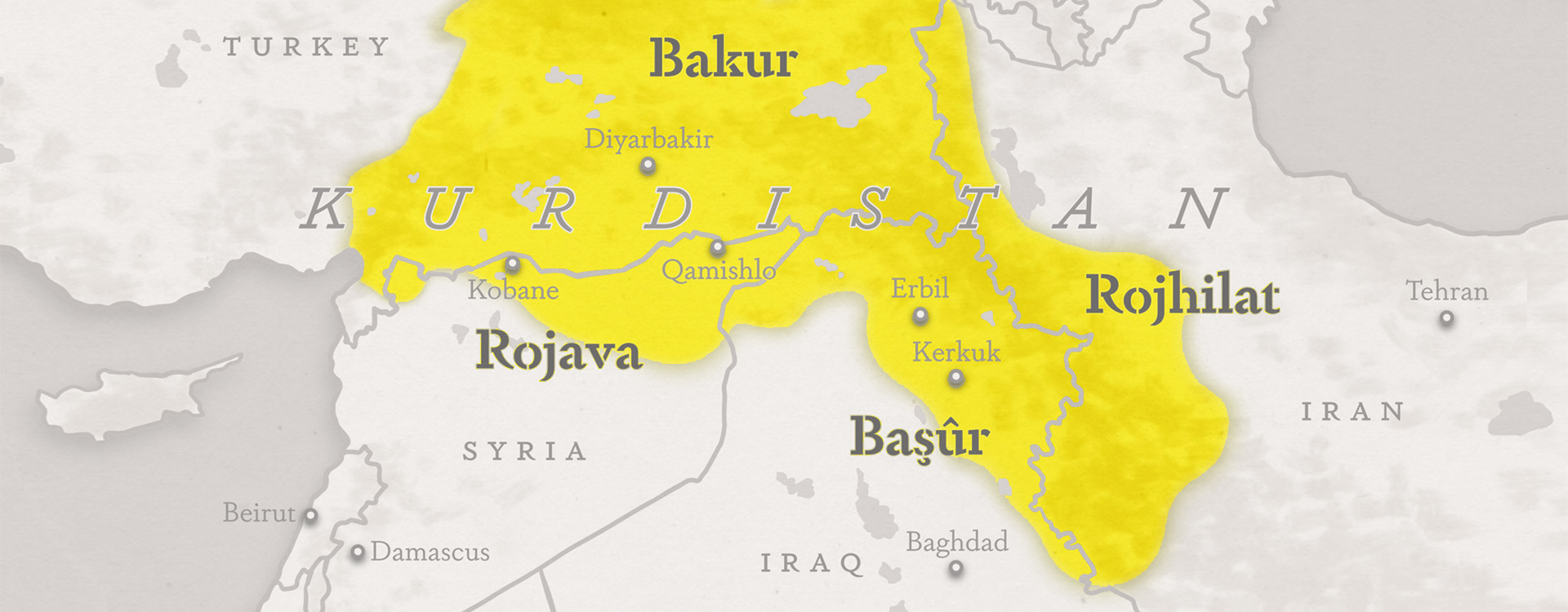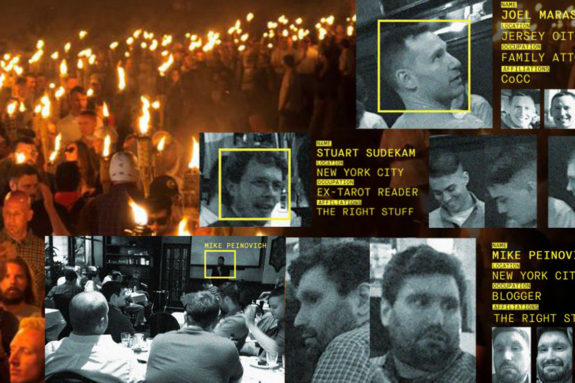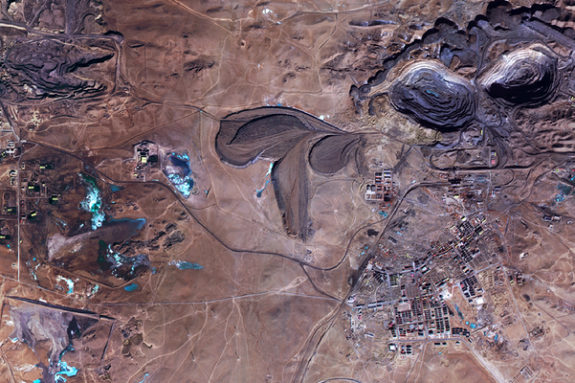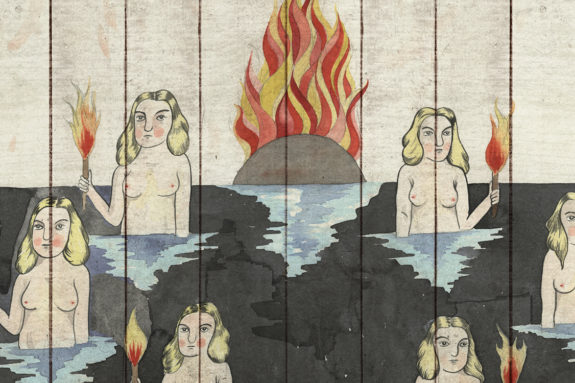The commune has no borders.
Voices of Bakur, the film embedded above, is one of two Commune releases focusing on the upheavals echoing out from the Syrian Revolution of 2012, stretching beyond its borders and into Turkey, Iran, Iraq, and Lebanon. Produced by Two Rivers and a Valley, an anonymous collective of Kurdish, Turkish, and US radical filmmakers, it focuses on the deeply under-reported uprising in southeastern Turkey, or northern Kurdistan (Bakur), in 2015 and 2016.
The film tells the story of the events in the small city of Cizre, on the Syrian border. In the summer of 2015, Cizre and a dozen other Kurdish-majority towns declared autonomy from the Turkish State, adopting the model of “democratic confederalism” that Kurds and others had been using in Northern Syria (Rojava) to manage their own affairs since the start of the Syrian Revolution. The response from the Turkish state was characteristically brutal. In Cizre, they declared a series of curfews and proceeded to systematically demolish neighborhoods. The members of the Cizre People’s Assembly, hiding in town basements from Turkish shelling, were burned alive. Throughout the region, more than a thousand died in the fighting, including hundreds of civilians.
At present, sober investigation of the Kurdish experiments in Rojava and beyond is difficult. Lost in the debate between enthusiasts and skeptics is the real experience of struggle and self-organization of thousands of people, some of which you can glimpse in Voices of Bakur. If it’s clear that what’s happening is not yet full social revolution, challenging the class basis of the economy, it’s also clear that it can’t be impugned as ethnic state-formation pure and simple. The emphasis on popular assembly, rank-and-file control, inter-ethnic cooperation, women’s liberation, and distribution of resources based on need is significant, we think, even if in tension with a party leadership operating in the straitened conditions of war. The prominence of these elements shows, at the very least, the recognized impossibility of the older party- and state-based models of revolution.
In any case, something is quite broken in our response to the world when such debates lead to callow dismissal or contempt before investigation. The massacre of a resistant town demands more than sneering dogmatism, especially from people who have never found themselves in the double crosshairs of the Islamic State and the Turkish Army. As Loubna Mrie makes clear in her article, we read history backwards at our own peril, ensuring that we’ve already lost before we’ve even begun. We must attend to the emancipatory hopes with which people begin, even when they are drowned out by the noise of civil war.





